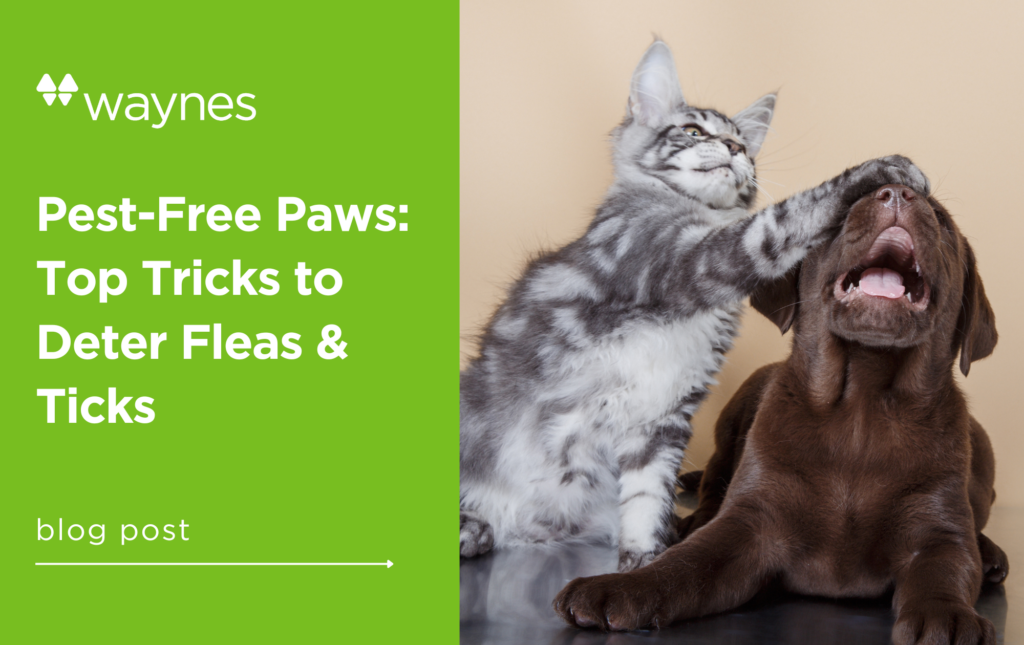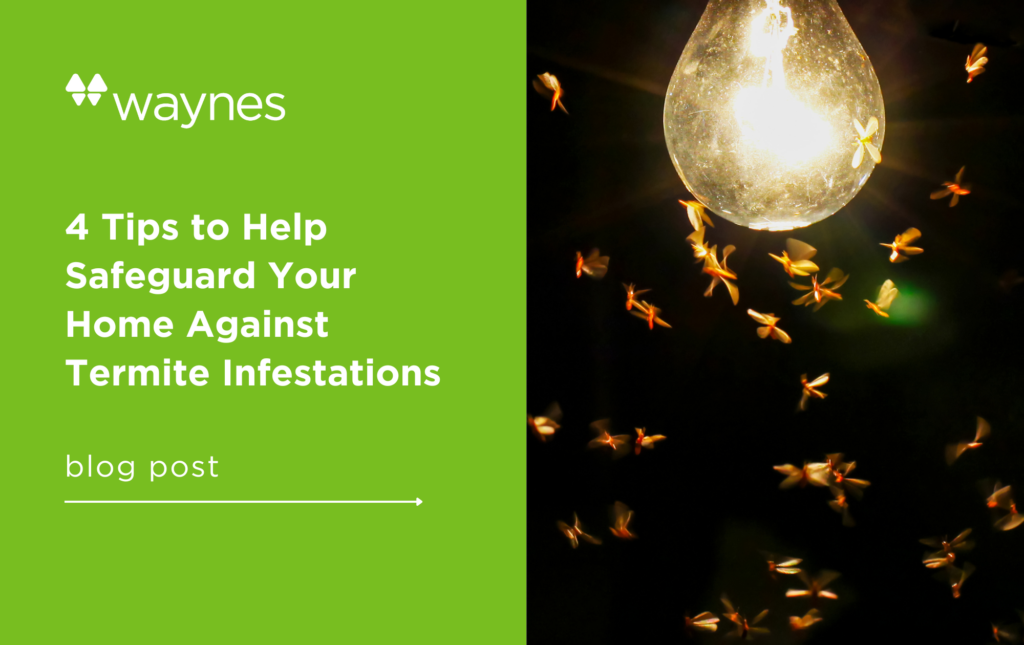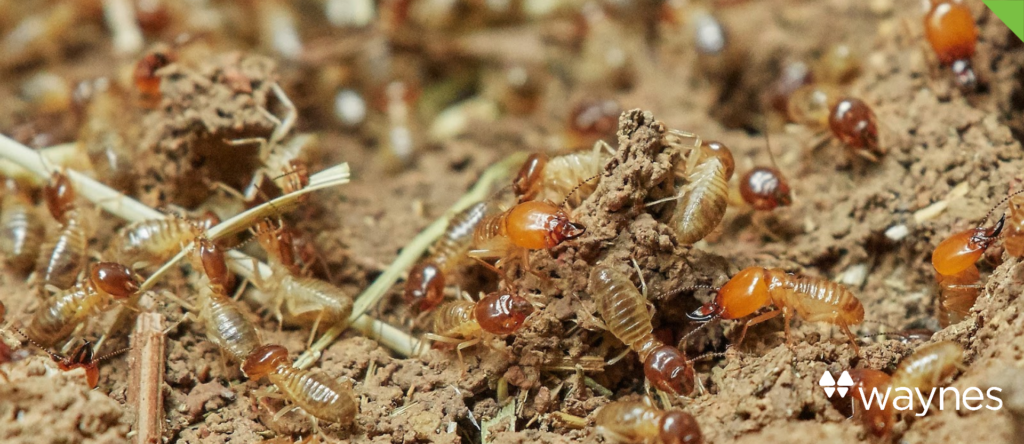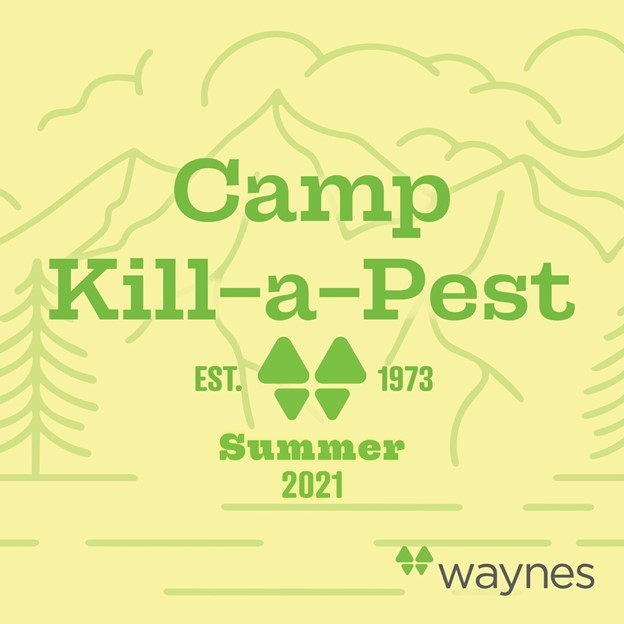Chances are you’ve put a great deal of work into your lawn this year and it looks a-MAZ-ing! You’ve fought the droughts of last year and the floods we had this year, but luckily winter is coming and now you can finally rest. Right? Oh, No…if only that were the case! The truth is, your lawn will soon be under attack and it is up to you to take action now to stop it!
Every winter, many lawns lose their luster because of damaging invasive winter weeds. Common winter weeds include Poa Annua, also known as Annual Blue Grass, which is a grassy weed that often grows in Bermuda and Zoysia lawns. Other common winter weeds include chickweed, bittercress, henbit, and wild onion.
You may be wondering, “What can I do to stop them?” Our experts here at Waynes recommend the following:
Lush Lawn Winter Care Tips
- Apply a pre-emergent weed control: Keep in mind that it is important to water it in! The liquid pre-emergent we use at Waynes is the most effective way to establish a protective barrier on your lawn to prevent these weeds.
- Raise mower blades: Fall is the time to raise the mowing height of your Bermuda and Zoysia lawns. Allowing your lawn to go dormant at a higher height over the winter will protect roots and crowns from freezes, frosts and wind chill. Scalping the grass or keeping it at a low height will expose the roots to more cold, increasing the risk of winter damage.
- Rake leaves weekly: One of the biggest fall lawn care chores is leaf removal. Leaves should not be left sitting on top of your grass. Not only do the leaves block sunlight, but the area under fallen leaves also stays damp and is a breeding ground for fungus that can damage turf. We recommend you remove the leaves weekly once they begin to fall which will also allow us to apply your fall and winter application on a timely basis.
- Soil aeration: The targeted time for cool-season grass is in early Spring or Fall. The target time for warm-season grass is in late Spring.
- Thicken your lawn: Determine a steady lawn watering and fertilizing schedule. Overseed if necessary to provide a supply of fresh grass and to fill bare patches. The best time for overseeding is during the cool and wet fall weather.
Don’t have time to do it yourself? Contact a Waynes Professional today and let us help you decide how we can give your lawn the care it needs and deserves!
